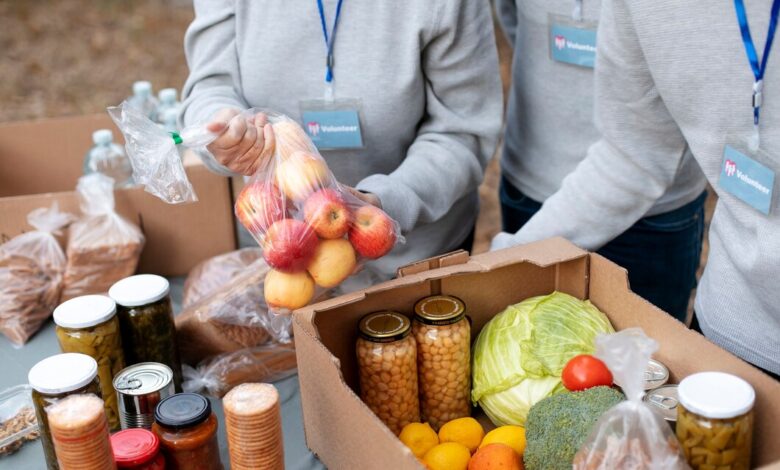Ha Mokoto Community Faces Challenges in Emergencies: A Call for Support

In a public session organized by the United Nations Population Fund (UNFPA) in collaboration with the Disaster Management Authority (DMA) on Tuesday, residents of the Ha Mokoto community expressed serious concerns about the impact of emergencies on their lives. They highlighted how dire circumstances often lead them to engage in negative coping mechanisms that jeopardize their health and well-being.
Food Insecurity and Its Consequences
Mrs. Malimpho Mahase, a representative from the community, articulated the grim reality that many women face when food shortages arise. In an effort to provide for their families, some women feel compelled to resort to sex work, unaware of the significant risks this poses to their physical and emotional safety. The desperation for sustenance can lead them to make choices that expose them to violence, exploitation, and sexually transmitted infections.
Mrs. Mahase emphasized that this issue is not only about food insecurity but also about the broader implications for health. She noted that individuals may even default on essential medication due to a lack of food, putting them at greater risk for opportunistic diseases. This vicious cycle of hunger and health compromises underscores the urgent need for comprehensive support systems to address these challenges.
The Link to Gender-Based Violence
The public session also shed light on another critical issue: the connection between food insecurity and gender-based violence (GBV). Mrs. Mahase pointed out that during times of crisis, the strain of limited resources can significantly affect family dynamics. When there is nothing to eat, tensions rise, and mood swings can lead to conflicts within households. The resulting frustration and anger can manifest as GBV, further victimizing those already facing hardships.
The Ha Mokoto community’s concerns reflect a broader reality experienced by many in similar situations. The interplay of food insecurity, health challenges, and GBV creates a complex web of issues that require immediate attention and intervention from local and international stakeholders.
A Call for Support and Intervention
The session served as a platform for community members to voice their struggles and seek support from governmental and non-governmental organizations. Addressing these urgent needs is essential for the well-being of the Ha Mokoto community and others facing similar challenges.
To mitigate the effects of emergencies, community leaders and organizations are calling for:
- Increased Food Security Initiatives: Implementing programs that provide consistent access to food can help alleviate the desperation that drives negative coping mechanisms.
- Healthcare Access: Ensuring that community members can access medical care and essential medications without the burden of food insecurity is crucial for maintaining public health.
- GBV Prevention Programs: Developing initiatives that educate families on conflict resolution and emotional support during crises can help reduce the incidence of gender-based violence.
The Ha Mokoto community’s testimonies highlight the urgent need for comprehensive support systems to address the intertwined issues of food insecurity, health, and gender-based violence. By working collaboratively with organizations like UNFPA and the DMA, stakeholders can create effective strategies to empower communities, safeguard health, and promote well-being in times of crisis. Addressing these challenges is not just a necessity; it is a fundamental step towards ensuring dignity and safety for all community members.
Join 'Lesotho News' WhatsApp Channel
Get breaking Lesotho news — delivered directly to your WhatsApp.
CLICK HERE TO JOIN



